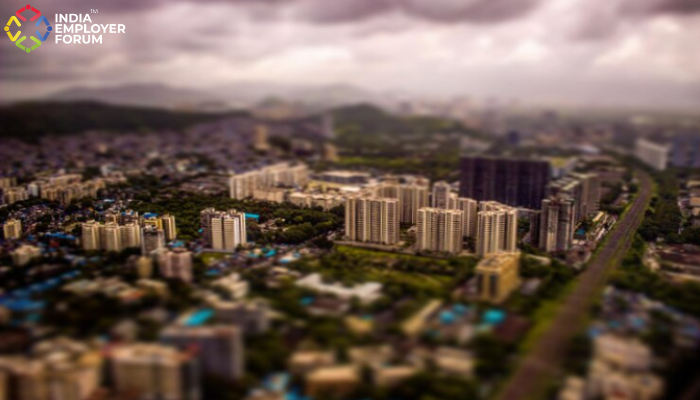In the narrative of urban development, Tier 2 cities have often been overshadowed by their Tier 1 counterparts. However, recent years have witnessed a remarkable shift as these cities emerge as hotspots for growth and opportunity. The impact of developments in Tier 2 cities extends far beyond mere infrastructure enhancements; it encompasses the creation of more and better job opportunities, improved access to quality education, and fostering economic growth and prosperity for residents.
1. Employment opportunities
One of the most significant outcomes of the development surge in Tier 2 cities is the proliferation of job opportunities. With the establishment of industries, IT parks, and manufacturing units, these cities are becoming magnets for talent. Companies are increasingly setting up operations in Tier 2 cities, drawn by lower operating costs and a burgeoning pool of skilled labour. This not only reduces the burden on congested Tier 1 cities but also creates employment avenues for the local populace, thereby stimulating economic activity.
2. Access to quality education
Education is often considered the cornerstone of progress, and Tier 2 cities are ensuring that access to quality education is no longer a privilege confined to metros. The development of educational institutions, including universities, colleges, and vocational training centres, is providing students with ample opportunities to pursue their academic aspirations closer to home. This not only saves them from the hassles of migrating to larger cities but also contributes to the overall educational upliftment of the region, fostering a skilled workforce capable of driving future growth.
3. Economic growth and prosperity
The ripple effects of developments in Tier 2 cities are reverberating throughout the local economies, fueling a cycle of growth and prosperity. As infrastructure improves and connectivity enhances, businesses flourish, and consumer spending rises. This, in turn, attracts further investment, leading to a self-sustaining cycle of economic development. Moreover, the newfound prosperity trickles down to the grassroots level, uplifting communities, and narrowing the economic divide.
Conclusion:
The burgeoning developments in Tier 2 cities are not merely reshaping skylines but rewriting the narrative of progress and prosperity. As these cities continue to evolve into vibrant hubs of economic activity and innovation, the dividends are evident – more job opportunities, enhanced access to quality education, and sustainable economic growth. By harnessing this momentum and leveraging the unique strengths of each city, we can pave the way for a more inclusive and equitable future, where opportunities abound for all.
References:
- Transformation of India’s job market through Tier 2 & 3 cities | TPCI | Aug 2023
- E-commerce is revolutionising the entrepreneurial landscape in tier 2 and tier 3 cities | Economic Times | Feb 2024
- How Are The Urban Development Projects In Tier 2 Cities Creating A Surge In Job Opportunities In The Energy And Sustainability Sectors? | Women Shine | Oct 2023
You might also be interested to read: Unlocking Potential: The Transformative Impact of Developments in Tier 2 Cities






